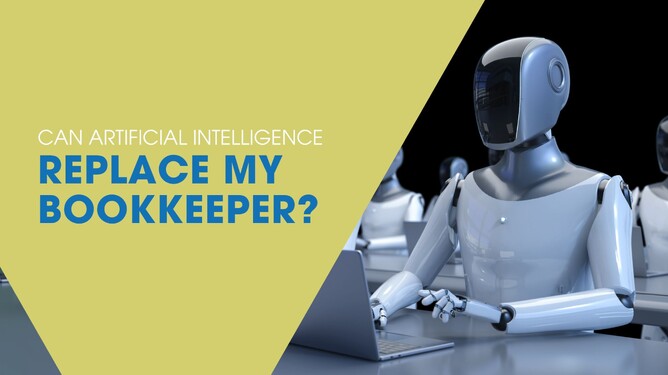There’s no doubt about it, AI (artificial intelligence) has changed the way we operate our businesses. Automation, technology, and machine learning have simplified and sped up the way we do manual tasks. Before cloud-based accounting software, many businesses relied on manual bookkeeping processes, i.e. paper-based journals and ledgers. These systems were prone to errors, much slower, and were dependent on a bookkeeper's attention to detail.
AI has transformed the way we do business. It has provided us with the tools to quickly crunch numbers, produce tidy reports, and minimise human error. To the business owner, this might seem like the end of manual bookkeeping and accounting. But will AI eventually end up replacing humans and the bookkeeper?
Reshaping Bookkeeping & Accounting
In a recent study by Stanford Business, researchers challenged the premise that AI would replace the human bookkeeper or accountant. The research analysed AI use by 277 accountants for 79 small and medium-sized businesses, and identified that currently AI is used to assist with repetitive tasks, allowing accountants to shift their attention to higher-value work, like client-facing advisory.
Jung Ho Choi, Assistant Professor of Accounting and lead scholar on the study, said that bookkeepers and accountants who use automation and artificial intelligence are using the technology to work more efficiently, complete reports faster, and make their job more manageable.
The study found that bookkeepers and accountants who used AI kept more detailed records and reported more accurately, which leads to an increase in service quality. Choi argues that AI is not here to replace humans, and that it works best when paired with a human.
AI is the New Norm
AI has become the new norm across all areas of business, with key areas such as marketing, manufacturing, cybersecurity, and financial services experiencing significant impact. Businesses are using AI to boost productivity, research, and streamline operations. But bookkeepers and accountants have expressed concerns about AI-generated errors and data security.
The need to verify the accuracy of what AI puts out makes data checking even more important, and that comes under the role of the bookkeeper. As AI becomes more advanced and takes on more of the manual tasks, bookkeepers and accountants will increasingly serve as fact-checkers to ensure accurate information.
Cloud-based accounting software (like Xero and MYOB) has long been using AI to help streamline the reconciliation process, matching statements with ledger entries, and analysing large volumes of data quickly for forecasting. But you still need a bookkeeper or accountant to interpret what this means for your business.
What Is Accounting Automation?
Instead of spending hours chasing receipts or manually inputting data, bookkeepers now use tools like Xero and MYOB to collect data, with less risk of mistakes. Accounting automation refers to software that takes over repetitive tasks like:
Data entry
Bank reconciliations
Invoice matching
Payroll calculations
Generating reports
Want to know what automations software is best for your business? Click here.
The benefit of using cloud-based accounting automation tools (for you, your business, and your bookkeeper or accountant) means you get a faster turnaround on reports and reconciliations, and more accurate data, thanks to reduced manual input. Furthermore, this frees your bookkeeper up to analyse trends and give budgeting or profitability advice.
Will AI Replace Humans?
When accounting software emerged in the 1970s–1980s, it transformed how bookkeepers, accountants, and businesses kept track of their transactions. Automating routine tasks is the single biggest benefit of AI, and it helps meet deadlines and improves accuracy.
However, AI does not possess the business insight of a human, and accounts are more than just mere numbers.
AI can do a lot, but if you want to talk to a real person who understands your business and gives you advice you can trust, let’s talk!


